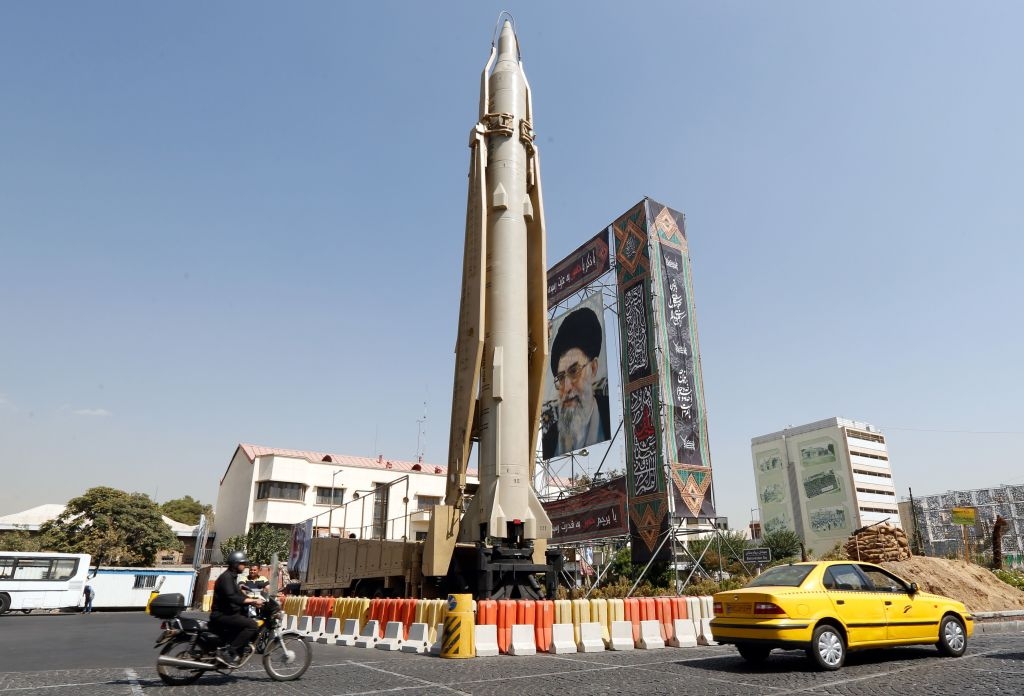The IAEA at first did not take these reports of a secret Iranian atomic warehouse seriously. This should not be surprising: the IAEA has a long history of misreporting the Iranian regime's compliance with the deal and declining to follow up on credible reports about Iran's illicit nuclear activities.
Iran's nuclear deal has dangerous fundamental flaws, specifically the ability to enrich uranium in the first place -- as the preeminent US nuclear negotiator Ambassador John R. Bolton wrote a few years ago, without it, no bomb -- and the deal's notorious sunset clauses that remove restrictions on Iran's nuclear program after the deal soon expires.
After a significant amount of pressure was imposed on the IAEA, the UN nuclear watchdog, inspecting the suspected site that the Israeli Prime Minister referred to was implemented two years later, in the fall 2020. Even then, although Iran's leaders certainly had enough time to clean up the facility, the IAEA's inspectors nevertheless reported that traces of radioactive uranium had been detected by examining remaining samples.
It should also not come as surprise that the ruling mullahs of Iran are declining to answer the IAEA's questions.
It is also important to point out that one of the most basic requirements of the Non-Proliferation Treaty (NPT), to which Iran is a party, as well as one of the terms of the 2015 "nuclear deal," was that the Iranian regime is required to reveal its nuclear activities to the IAEA -- a condition with which it also failed to comply.
The detection of radioactive particles in Turquz Abad not only points to the high probability that Tehran has been undertaking work on nuclear weapons in secret; it also points to the high probability that Iran's ruling mullahs have most likely been violating the nuclear deal since it was reached in 2015.

In spite of the Iranian leaders' claim that their nuclear program is for peaceful purposes, evidence reveals that the Iranian regime has long sought to acquire nuclear weapons. The regime's ballistic missile program to deliver nuclear warheads, a core pillar of its foreign policy, is closely linked to the nuclear program. Pictured: A Shahab-3 ballistic missile on display in Tehran, Iran on September 26, 2019. (Photo by STR/AFP via Getty Images)
In spite of the Iranian leaders' claim that their nuclear program is for peaceful purposes, evidence reveals that the Iranian regime has long sought to acquire nuclear weapons.
A recent report by the International Atomic Energy Agency pointed out that "Samples taken from two sites during inspections in the fall by the U.N.'s International Atomic Energy Agency (IAEA) contained traces of radioactive material".
Continue Reading Article
No comments:
Post a Comment